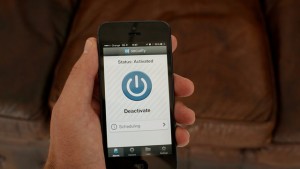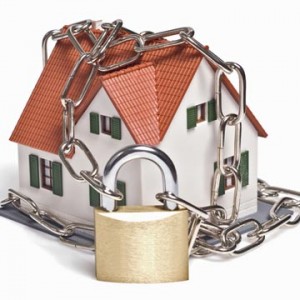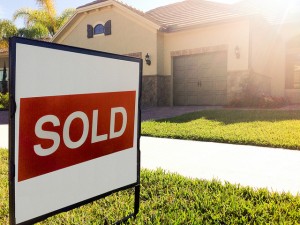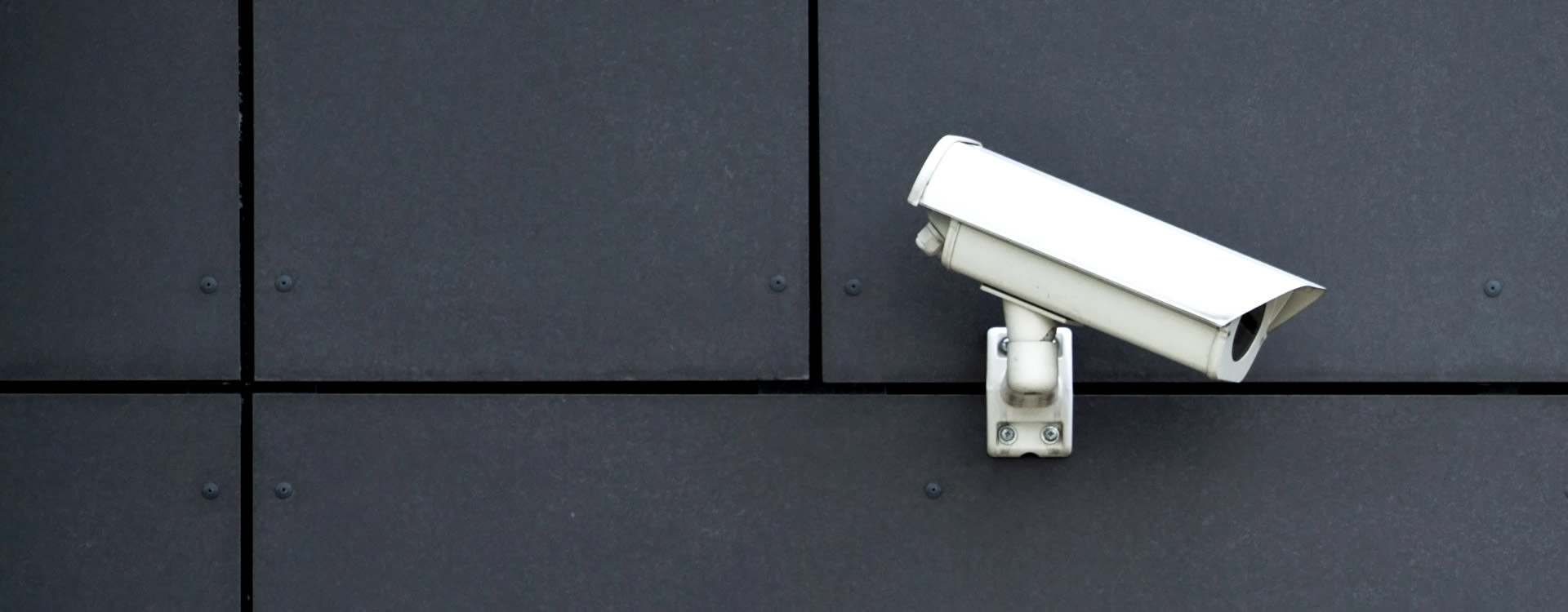
Traditionally in any monitored security system, the individual security devices are installed by a systems integrator and when an alarm sounds or something looks suspicious a signal, and sometimes a video clip, is sent to a central monitoring station which then either contacts the end-user or the local authorities to initiate an emergency response. This system still exists today and is considered an effective means for preventing disaster and catching criminals. However, in light of recent technological advancement, the end user now has the capability to “monitor” their own property via their mobile device. One has to wonder, how effective can self-monitoring be and could it actually replace a central monitoring service?
Our licensed team of integrators at Perfect Connections, Inc. has been providing comprehensive security system solutions to businesses throughout northern and central New Jersey since 1992. We have seen how technology can affect not only individual security devices but the system as a whole. There are pluses and minuses to every situation, but its understanding which methods and devices provide the most benefits that make the difference, and monitoring services are no exception.
As a business owner it’s nice to feel in control of your facility and what goes on within it. This is where the idea of self-monitoring comes into play. If you have a security system installed at your facility, it can be set up to send notification directly to your mobile device. This means that when there is a disturbance, maybe an intruder walks in front of a motion sensitive video camera, a video clip can be sent directly to your smartphone or mobile device so you can act. The same is true of a tripped alarm. This all sounds great, right? However, it’s not without its limitations.
One of the major drawbacks of monitoring your own alarm system is failure to initiate an immediate and adequate response. This could happen for a number of reasons. One being your mobile device is turned off or not on your person. Another could be a missed notification. As a business owner you likely have enough on your plate to occupy the full 24 hours of the day, never mind trying to keep an eye on your facility at all times. It’s a feat not likely met by any independent business owner, you have to sleep at some point. Self-monitoring can also become a nuisance, receiving excessive notifications throughout the day. The constant interruption would be enough to drive anyone mad. It’s for these reasons central monitoring services continue to prevail.
The goal of monitoring an alarm system is to create a proactive response versus a reactive one. In the recent past, surveillance footage was primarily being utilized in “after the fact” scenarios where local authorities would try to catch a perpetrator or solve a crime based on recorded footage. Today, with real-time video verified notifications and improving communications, local authorities stand a better chance of catching someone red-handed.
There are essentially four different types of monitoring that can be implemented, including self-monitoring. There’s onsite monitoring which typically consists of paying someone to sit and stare at TVs or computer monitors. According to a study from Sandia National Laboratories the attention span of a person viewing surveillance footage for just 20 minutes will be “significantly diminished.” It’s not a very reliable or economical method to ensure the security of your facility.
Then you have remote monitoring where surveillance footage is monitored off site by streaming footage over the internet to a remote location. However, this doesn’t mean someone will be vigilant 24/7. This could mean streaming it to your home computer and that would only be effective if someone were there to monitor it. Lastly, there’s professional remote video monitoring. This type of monitoring typically employs operators that are trained on how to interact with local authorities and respond to different security scenarios. These types of monitoring stations are typically staffed 24/7.
Professional remote video monitoring is an advantageous service because the operator on duty can interpret live video footage and provide useful information to the local authorities. Information that isn’t necessarily transmitted to a mobile device in a 5-10 sec video clip; things like a perpetrator/s physical description, maybe the license plate or make and model of their getaway vehicle, what the suspect is doing, how many people are present, and whether or not the suspect/s is armed.
This type of monitoring can also help filter our false alarms and fees incurred by false dispatches by validating on site activity with the end user via real-time footage. As the end user you can also request that the operators perform occasional virtual tours throughout your facility or parts of it. These routine surveys of your property would help detect any disturbances but also help in general maintenance of your facility. An operator may notice things like loose wires or a piece of equipment that looks out of place. Depending on your facility’s capabilities, monitoring operators can sometimes interact with suspects or people on site through speakers on a VoIP (voice over internet protocol) system.
While new technology continues to usher in the desire for self-reliance it also fosters further development of security system components and the way monitoring services are able to interact with them. Many industry professionals agree that having a professional monitoring service is still the preferable method of watching over your facility. There’s simply too many holes in trying to self-monitor your own business. According to Simon Morgan, director of Technology, SureView Systems, “The central station remains the first line of defense.” Matthew Riccoboni, director of Marketing, OzVision, says, “There truly is a value in 24/7 monitoring by the central station. Customers like to know someone is keeping an eye on their assets whether they are awake or not.” With a central monitoring station you can rest easy knowing someone is always there to initiate a response.
At Perfect Connections, Inc. our licensed integrators have been providing comprehensive security systems to businesses throughout northern and central New Jersey for the past 23 years. We understand the value our customers place on their business that they’ve worked so hard for; we work to provide the best solutions to fit their specific needs. If you live or run a business in central or northern New Jersey and would like information on any of the topics discussed above, please call 800-369-3962 or simply CLICK HERE.
Check out this video on actual events that highlight the differences between monitoring stations that have video verification and those that don’t. The last scenario is what everyone wants to avoid. Link: What is Video Verification?
Image Credit: Image by Bosch Service Solutions-Google-Creative Commons
 Home renovation is an exciting and fulfilling prospect for many homeowners. Whether you’re adding on or adjusting an existing space it’s imperative to make sure your home is protected during the process. While renovating your home is rewarding for you and your family, you don’t want it to be a “rewarding” process for would-be thieves and criminals. Our experts here at
Home renovation is an exciting and fulfilling prospect for many homeowners. Whether you’re adding on or adjusting an existing space it’s imperative to make sure your home is protected during the process. While renovating your home is rewarding for you and your family, you don’t want it to be a “rewarding” process for would-be thieves and criminals. Our experts here at 
 What is access control? In the simplest of terms it can be explained as a means to allow or deny entry to or exit from a designated space. Think of the kinds you likely use on a daily basis, a key to lock or unlock your front door or an electronic gate that lets you into the parking garage at work. But what does it mean, what are the options when it comes to business integration and security systems, and why might your facility need it? As licensed security systems providers our team at
What is access control? In the simplest of terms it can be explained as a means to allow or deny entry to or exit from a designated space. Think of the kinds you likely use on a daily basis, a key to lock or unlock your front door or an electronic gate that lets you into the parking garage at work. But what does it mean, what are the options when it comes to business integration and security systems, and why might your facility need it? As licensed security systems providers our team at 




